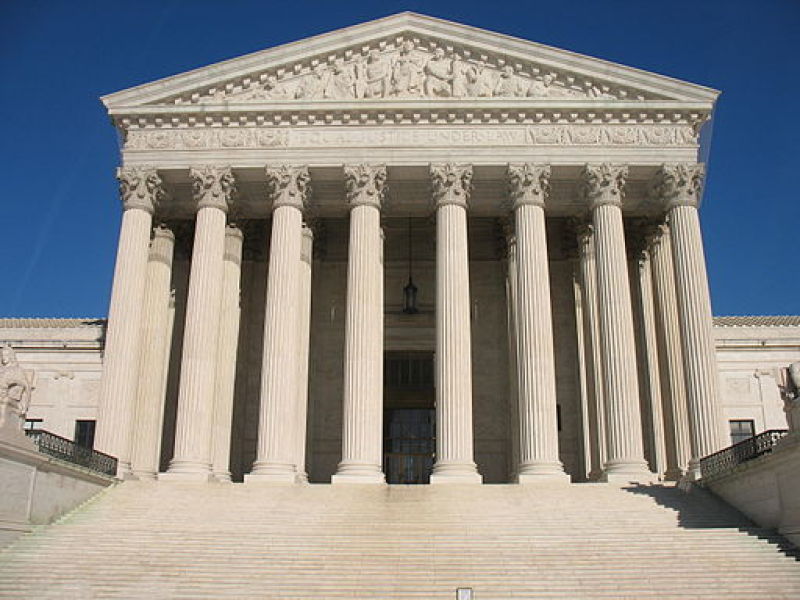

The Supreme Court struck down appeals to keep the bans on gay marriage in five states. Many were shocked by the decision.
On Monday morning, the Supreme Court allowed same-sex marriage proponents to take large strides.
The high court unexpectedly declined the recent appeals made by Utah, Oklahoma, Virginia, Wisconsin, and Indiana to reverse the elimination of gay marriage prohibitions. Gay couples in these states now have the right to marry.
A minimum of four Supreme Court Justices must vote in favor of accepting an appeal in order for it to be evaluated.
Despite the appeal denials, a decision on the constitutionality of same-sex marriage is still avoided by the Supreme Court. The high court has yet to comment on both the refusal of the appeals and the future of gay marriage for the entire nation.
Proponents of the Supreme Court's decision were excited by the news. Citizens as well as politicians were enthusiastic about the recent legalization.
Some same-sex couples in these states applied for marriage licenses within a couple hours after the court's decision. The Associated Press reports that the first same-sex marriage ceremony was held around 2 p.m. in Fairfax County, Virginia.
"This is a historic and long overdue moment for our Commonwealth and our country. On issues ranging from recognizing same-sex marriages to extending health care benefits to same-sex spouses of state employees, Virginia is already well-prepared to implement this historic decision," said Virginia Governor Terry McAuliffe (D) in a statement earlier today.
Those in favor of traditional marriage are disappointed by the court's action for various reasons. Many were dismayed by the lack of input from the Supreme Court on the appeals given the gravity of the marriage equality topic.
Other opponents of same-sex marriage believe that the court should not interfere with the legalization decisions and should leave it up to the people.
Senior Counsel Byron Babione at the Alliance Defending Freedom, an organization promoting the preservation of same-sex marriage bans, said, "The people should decide this issue, not the courts."
"The issue of the legal definition of marriage is far from settled, and should be decided by the people, and not the courts. Most experts still believe the Supreme Court will eventually rule on this matter," said Victoria Cobb, President of the Family Foundation of Virginia.
"We are disappointed that the Supreme Court has sidestepped this important issue, at least for now, and left Virginians without a definitive answer. Unfortunately, over one million Virginians who legally voted to adopt the marriage amendment have been disenfranchised, leaving them to wonder if their vote on any issue is safe from government reprisal. Those voters were also denied a defense by Virginia Attorney General Mark Herring, who put his political aspirations ahead of both the Constitution of Virginia and the oath of office," she said.
Refusing the appeals has paved a road for six other states- North Carolina, South Carolina, Kansas, West Virginia, Colorado, and Wyoming- to most likely strike down their bans on gay marriage since these six states are under the same circuit court that denied the appeals. The result would increase the number of states with legalized same-sex unions from 19 to 30.


















